In Brief

Situation Report
In recent days, tensions between Pakistan and Afghanistan have escalated dramatically, resulting in significant fatalities, including at least one Pakistani security personnel and numerous Afghan civilians.
This surge in cross-border conflict is primarily attributed to Pakistan’s military response to frequent assaults by the Tehreek-e-Taliban Pakistan (TTP), which Islamabad claims operates from safe havens in Afghanistan.
On December 25, 2024, Pakistani military aircraft carried out airstrikes in Afghanistan’s Paktia province, targeting locations believed to shelter TTP militants. Reports indicate that these strikes resulted in at least 46 civilian deaths, including women and children, which prompted strong condemnation from the Taliban administration in Kabul.
The Taliban accused Pakistan of violating Afghan sovereignty and retaliated by striking several points within Pakistan. According to videos circulated on social media the Taliban have reportedly deployed 15,000 fighters to the Pakistan border. The convoy in the video features Humvees and a M1117 armored security vehicle (ASV) from the former Afghan National Army.
The recent cycle of hostilities draws comparisons to those between Pakistan and Iran in 2024, where both nations engaged in cross-border attacks but later sought dialogue to de-escalate tensions.
Analysts like Sami Yousafzai suggest that while both sides are under pressure—Pakistan from public demands for action against TTP assaults and Afghanistan from internal security challenges—neither government desires a full-scale escalation.
Diplomatic efforts have been ongoing, with high-level meetings between officials from both countries taking place over the past two years. However, the deep-seated mistrust complicates these interactions, as both nations grapple with their respective security dilemmas.
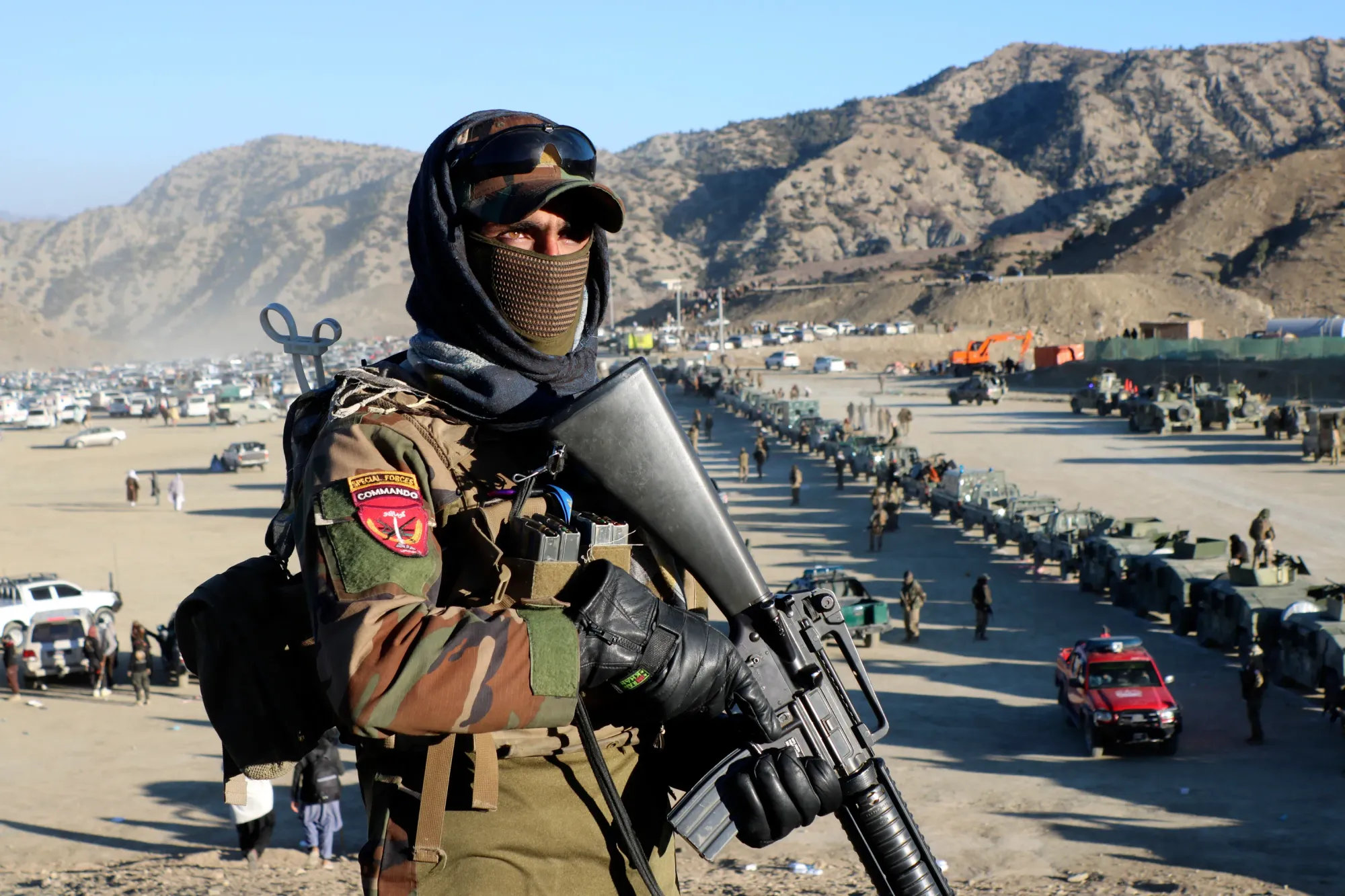


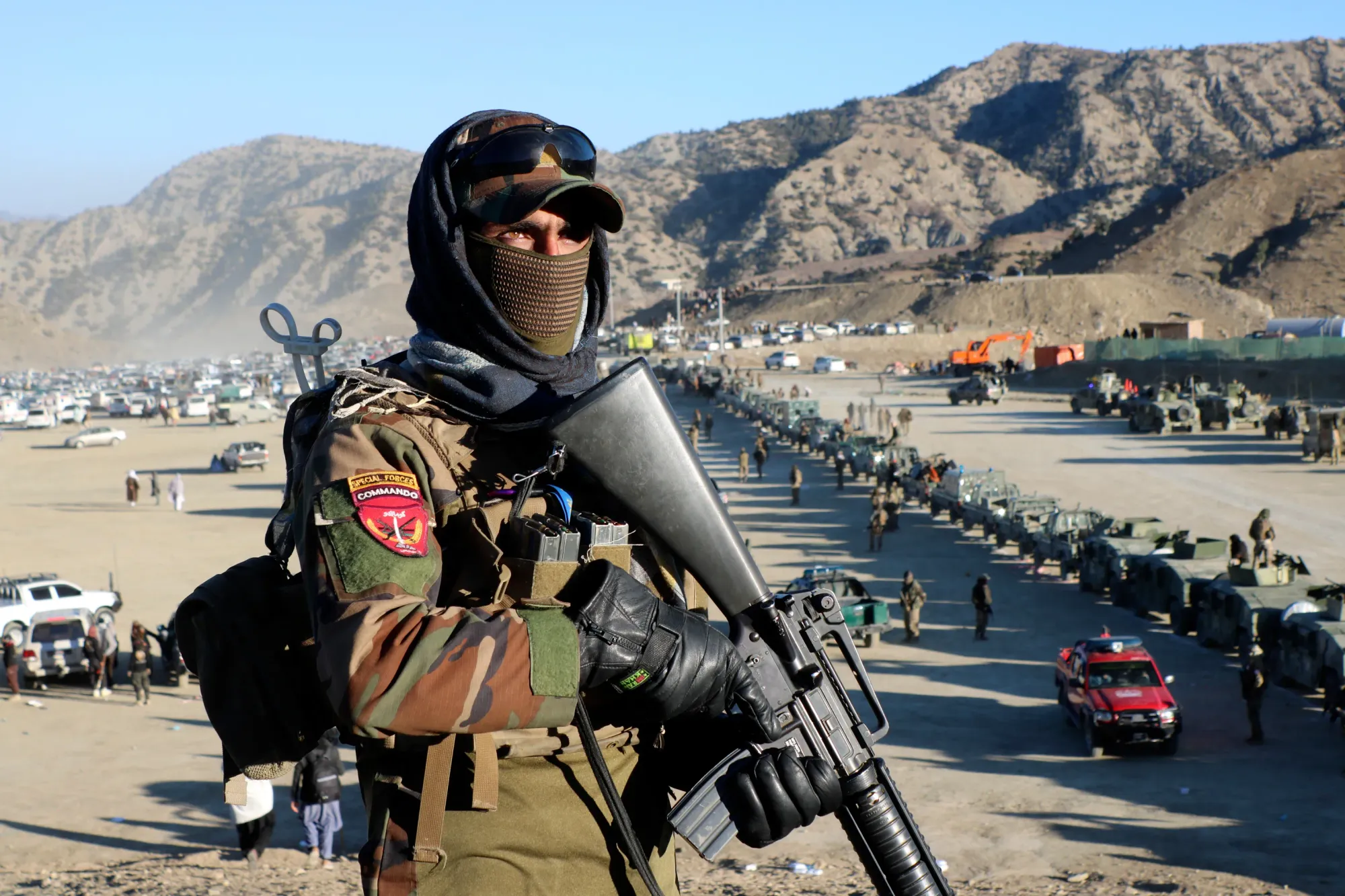

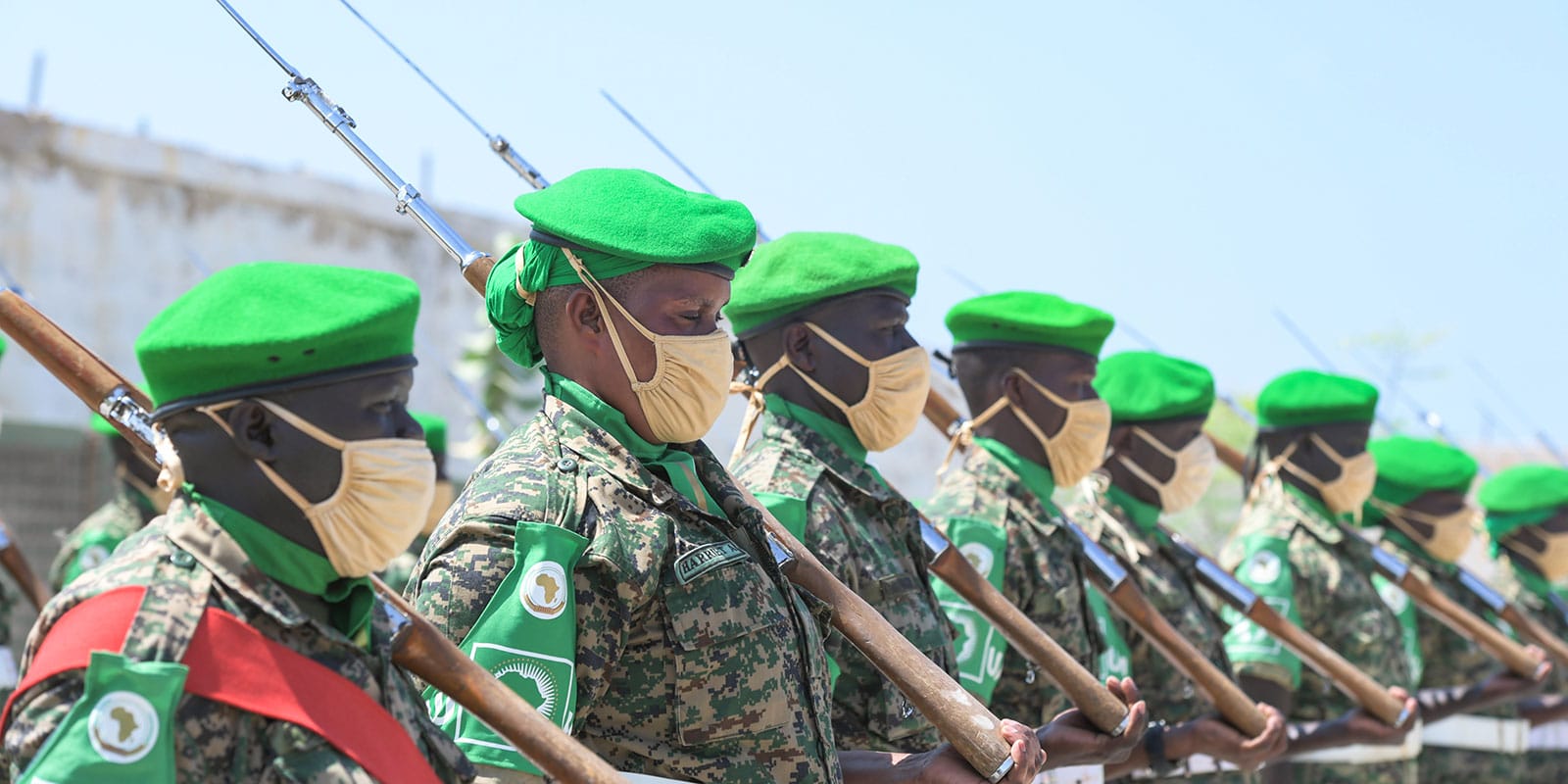
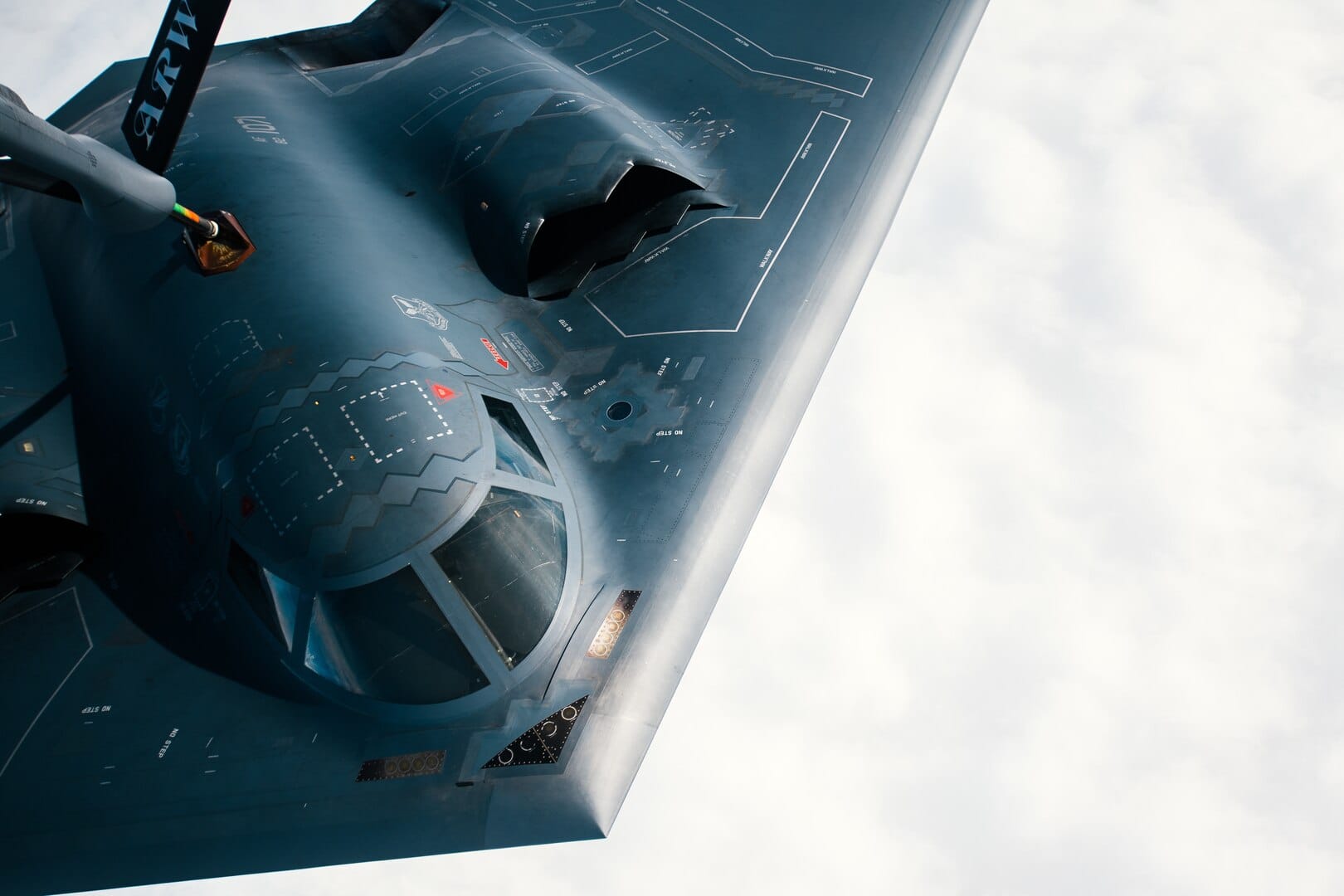






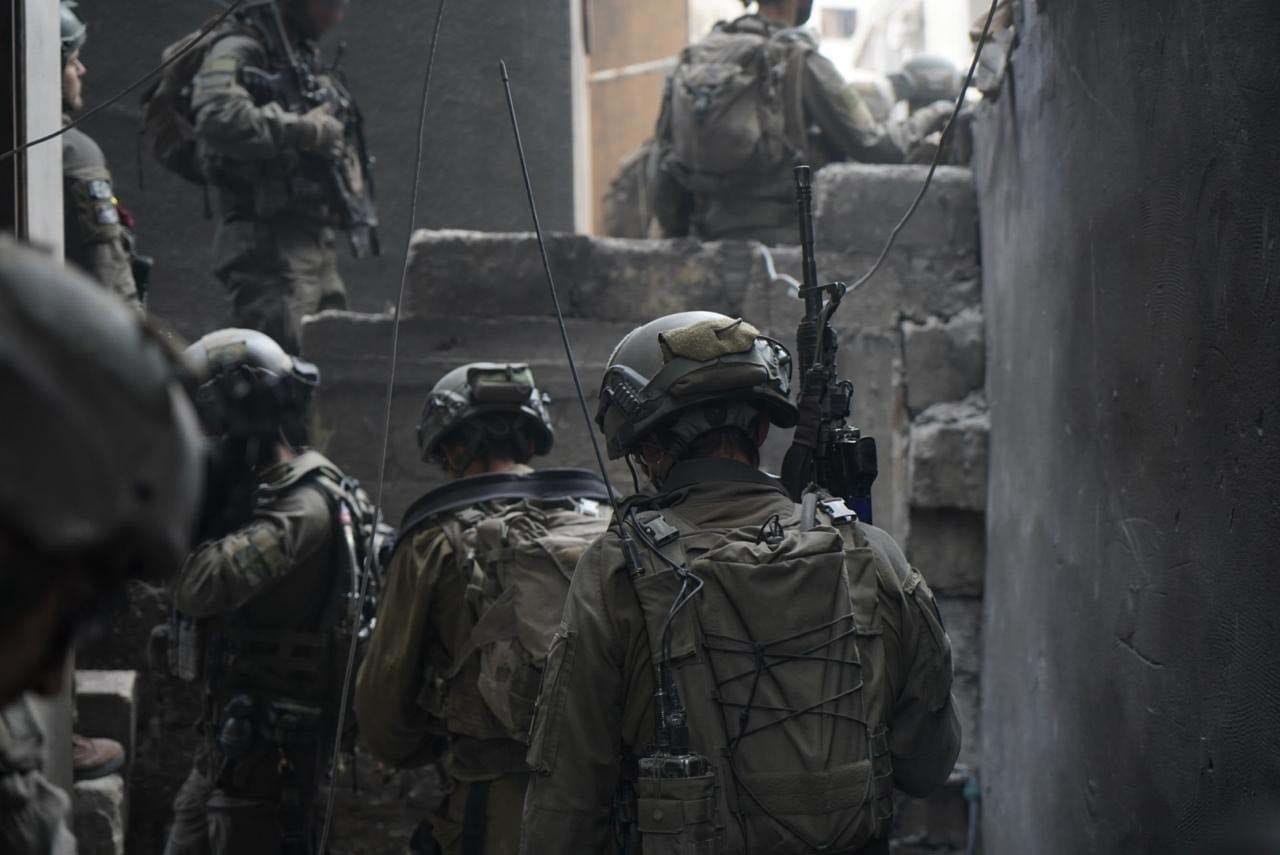


Discussion